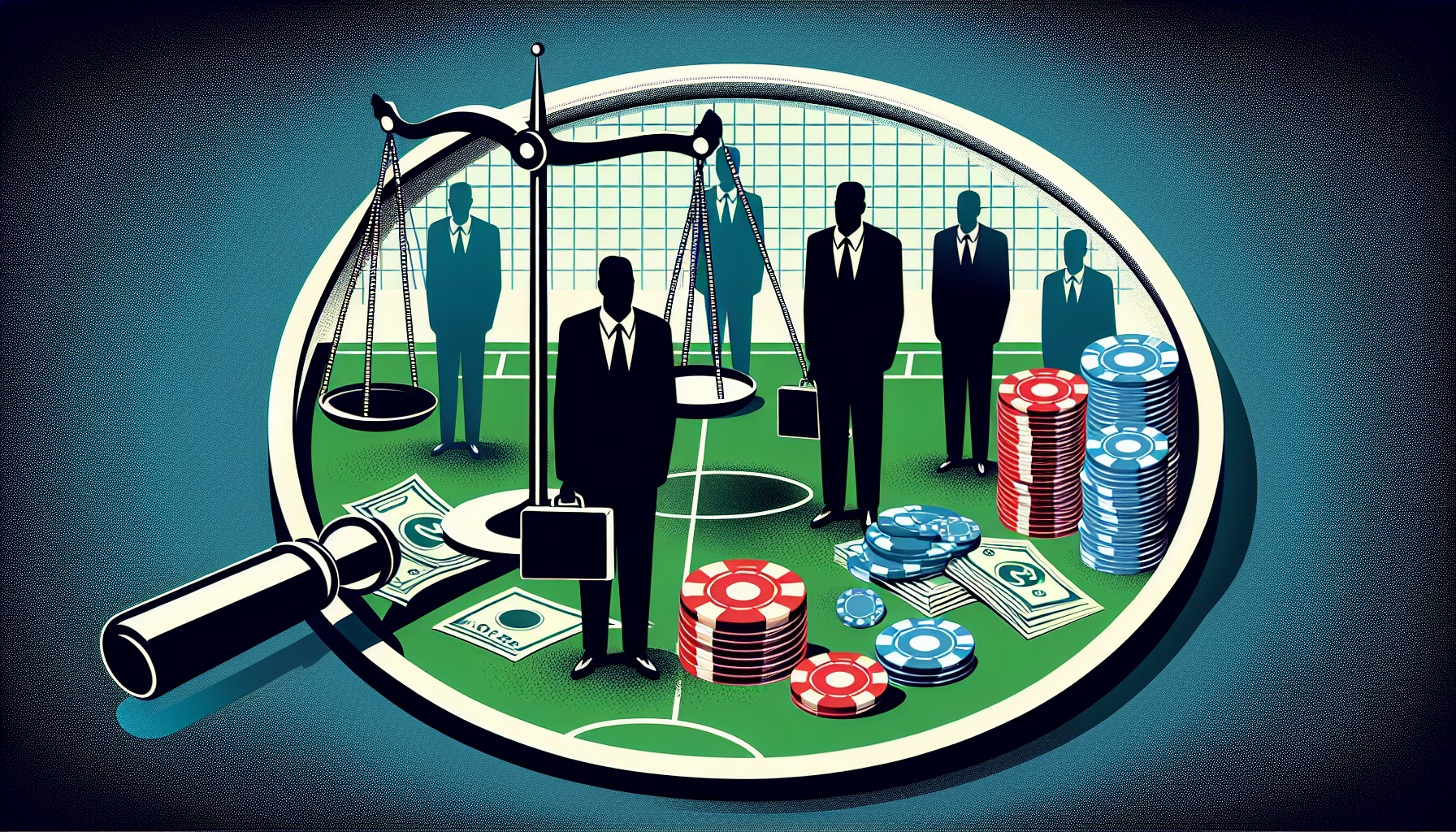French Football League Faces Corruption Investigation
The French financial prosecutor, PNF, has launched a significant investigation into the French Football League (LFP) and private equity firm CVC Capital Partners over alleged corruption related to a controversial deal involving TV rights.
Background of the Investigation
In 2022, a deal was struck that saw CVC invest 1.5 billion euros (£1.25 billion) for a 13% stake in a new subsidiary of the LFP designed to manage television rights. This agreement has come under scrutiny following a critical report from the French Senate, raising questions about the beneficiaries of the arrangement and the potential misallocation of funds.
Details of the Allegations
The investigation will primarily focus on how the deal was negotiated, including a significant 37 million euros (£30.8 million) bonus meant to be distributed among banks, legal teams, and league executives upon the contract's completion. The PNF has confirmed that searches are taking place at the Professional Football League's offices and those of CVC, indicating a deepening probe into the allegations of embezzlement, corruption, and conflicts of interest.
Impact on the French Football League
The LFP is already facing considerable financial challenges following the collapse of its previous television deal in 2021. The repercussions of this investigation could further exacerbate its situation, leading to a potential loss of credibility and financial stability in the competitive world of football.
CVC's Role in Sports Investment
CVC Capital Partners is a significant player in global sports investment, managing around 193 billion euros (£161 billion) across various sports. Their involvement raises further questions about the ethical implications of private equity firms in the sports sector, especially regarding transparency and governance.
Reactions from Stakeholders
The ongoing situation has sparked reactions from fans, clubs, and stakeholders in the football community, with many expressing concerns about the integrity of the sport. Such investigations often have far-reaching consequences, not just for those directly involved but for the sport’s reputation as a whole.
The outcome of this investigation will be closely monitored as it unfolds, given its potential to reshape the landscape of French football and influence how financial dealings in sports are conducted in the future.
This ongoing saga is emblematic of the broader challenges facing the world of sports finance, where the interplay between money, ethics, and governance will continue to provoke discussions and debates among fans and authorities alike.
